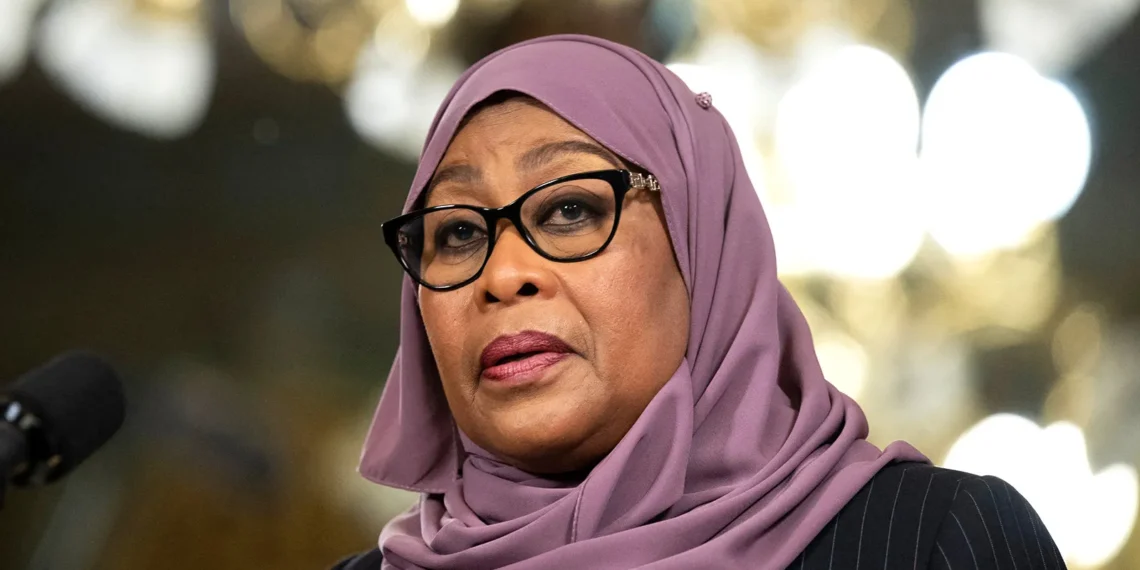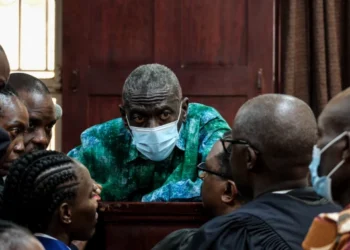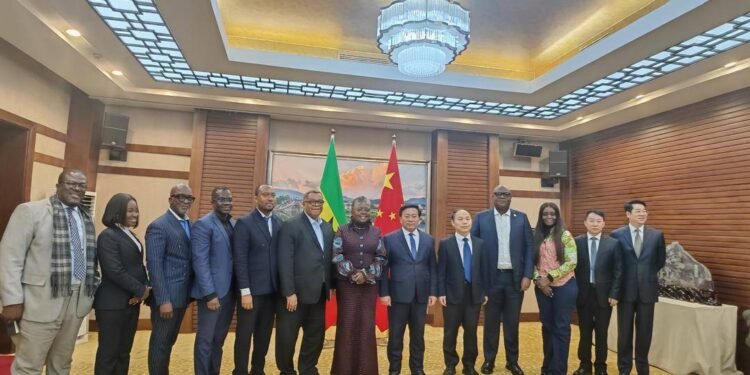Tanzania’s ruling party has nominated President Samia Suluhu Hassan as its candidate for the upcoming general elections in October, setting the stage for a pivotal vote. Hassan, who assumed office in 2021 following the sudden death of former President John Magufuli, has made a public call for unity.
“I urge all to maintain our unity as we go to the elections. The polls can seriously divide us but I believe we will remain united now that we have candidates.”
President Samia Suluhu Hassan
Hassan, 64, initially gained praise for easing the stringent restrictions imposed by her predecessor, Magufuli, who was widely criticized for curbing freedoms and suppressing dissent.
Her early steps included restoring media freedoms and engaging in dialogue with opposition parties, actions that were seen as a breath of fresh air in Tanzania’s political climate.
However, the progress under Hassan’s leadership has not been without challenges. Rights groups and Western governments have since voiced concerns over what they perceive as renewed repression of opposition voices.
Hassan’s governance strategy is encapsulated in her “Four Rs”: Reconciliation, Resilience, Reforms, and Rebuilding. This approach has sought to mend political rifts by lifting bans on public rallies and fostering dialogue with opposition leaders.
Her administration’s efforts to revive democratic norms have been lauded, particularly after the oppressive tenure of Magufuli.
Additionally, Hassan has made significant strides in social policy, including lifting a controversial ban that prohibited pregnant schoolgirls from attending classes, a move celebrated for advancing women’s rights.
Her government’s economic initiatives have focused on post-COVID-19 recovery, attracting foreign investment, and supporting the informal sector, which employs a significant portion of Tanzania’s population.
Despite these advances, inconsistencies in applying these reforms have led to criticism. Observers have noted that remnants of Magufuli’s hardline approach are resurfacing, particularly as Hassan faces pressure from entrenched interests within her party.
The postponement of a long-anticipated constitutional review has raised questions about her commitment to comprehensive democratic reforms.
The Chadema party, a key opposition group, remains skeptical, having previously threatened to boycott elections if electoral system reforms were not implemented. The party has yet to announce its candidate for the presidential race, leaving the political atmosphere charged with uncertainty.
Reports of police brutality and arrests of opposition figures during protests have added to the concerns. Incidents like these have marred Hassan’s administration, suggesting a troubling return to repressive tactics.

Human Rights Concerns and Electoral Challenges
Critics have highlighted the darker aspects of Hassan’s presidency, particularly allegations of human rights abuses. The resurgence of state violence, including abductions and disappearances of government critics, has drawn widespread condemnation.
The administration’s heavy-handed response to protests, especially those against the privatization of national assets, has intensified scrutiny. Arrests of activists and opposition leaders during these demonstrations have undermined the government’s reformist image and raised fears of a backslide into authoritarianism.
As the October elections approach, Hassan’s leadership will be a critical focal point for both domestic and international observers. The electorate will weigh the reforms her government has initiated against the lingering shadows of political repression and human rights violations.
As such, Samia Suluhu Hassan’s presidency is marked by a complex legacy. While she has taken notable steps toward democratization and socio-economic reforms, the resurgence of authoritarian practices poses significant challenges. The upcoming elections will be a decisive moment for Tanzania, as citizens decide whether Hassan’s mixed record can sustain their hopes for continued progress.
READ ALSO: Roads Minister Designate Pledges to Prioritize Completion of Ongoing Projects























